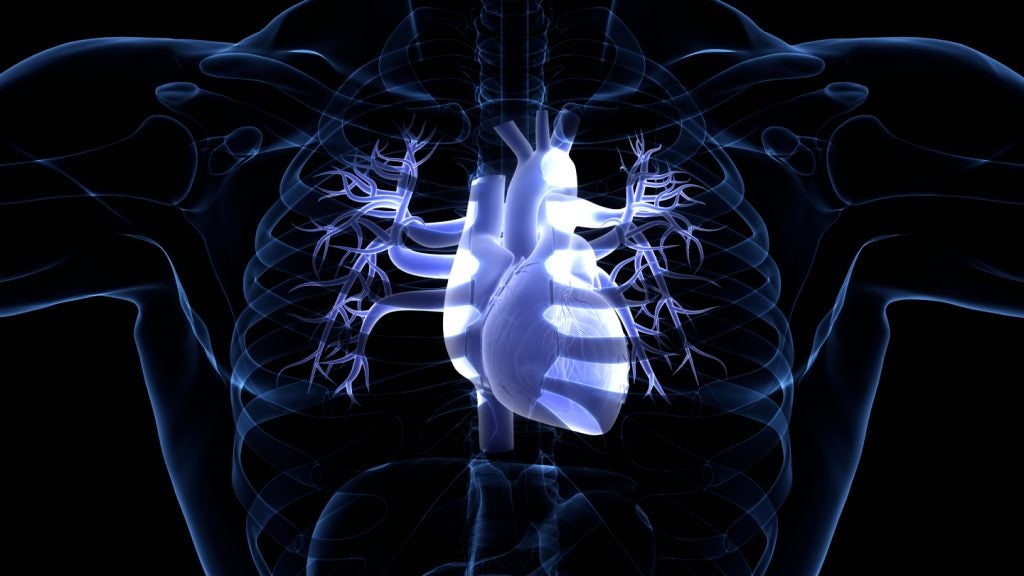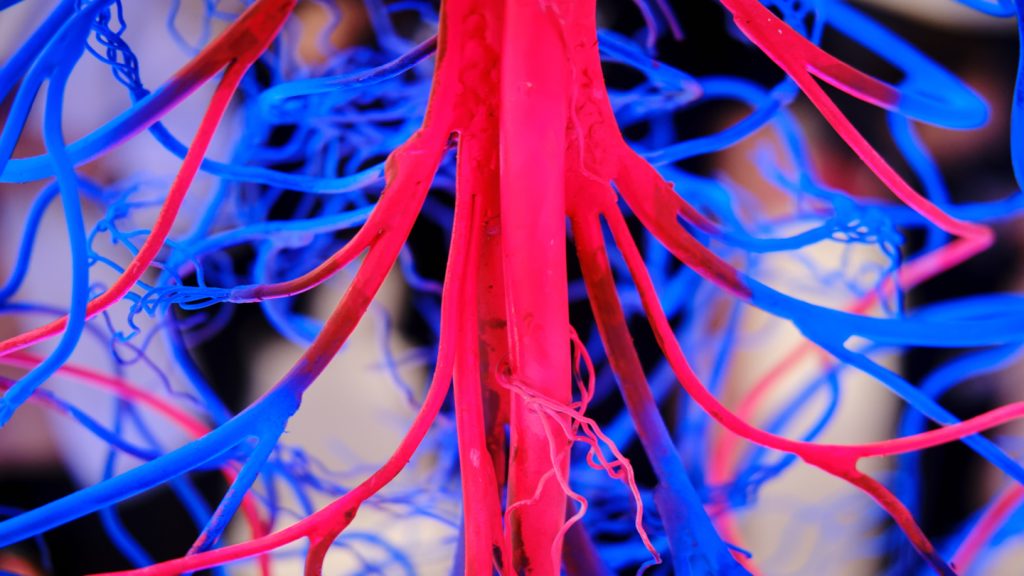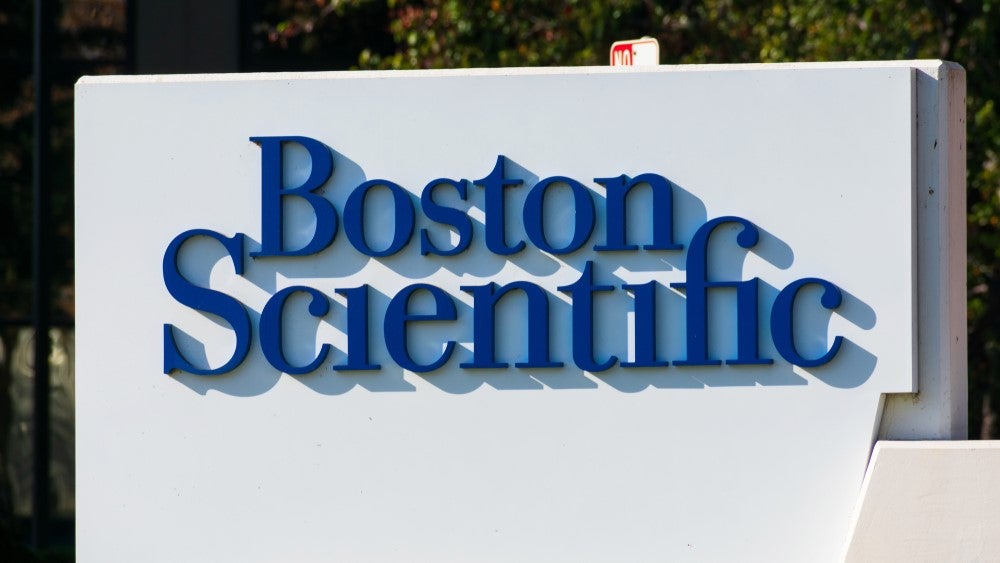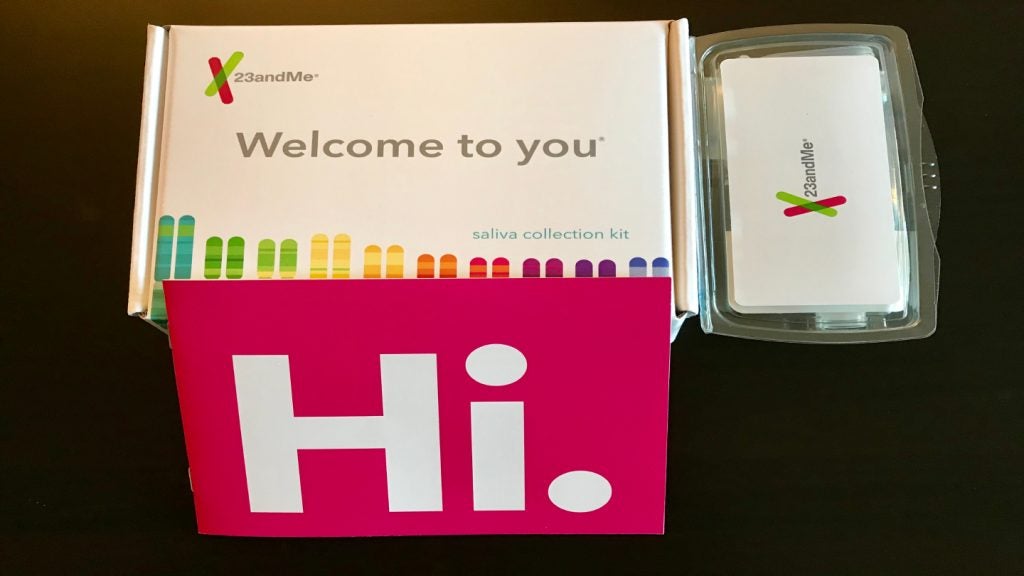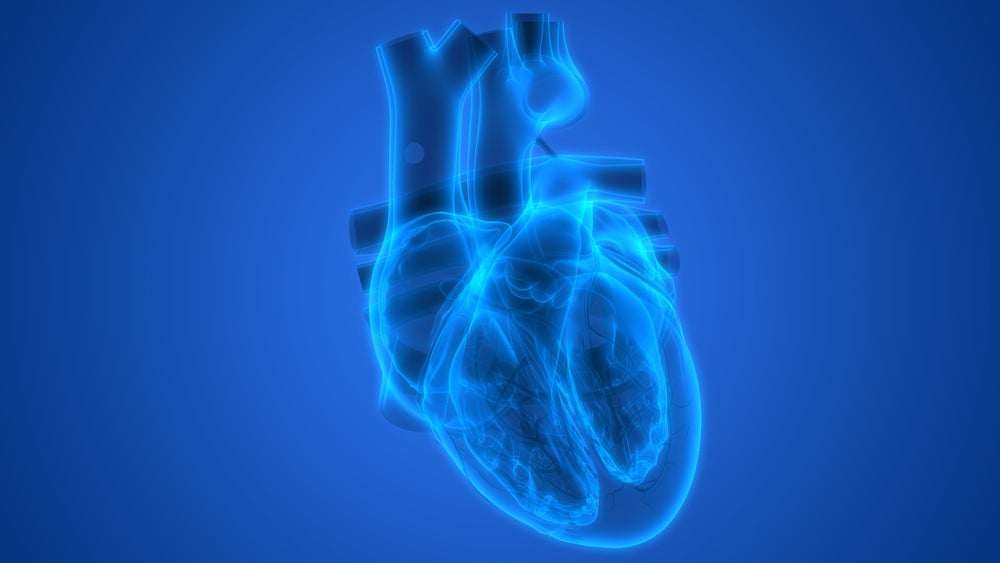A study carried out by Oxford, UK-based cardiac health firm Caristo Diagnostics has found that the company’s prediction and diagnostic system could reduce cardiac deaths by 12% across the UK’s National Health Service (NHS).
The study entitled "Cost-effectiveness of a novel AI technology to quantify coronary inflammation and cardiovascular risk in Patients undergoing routine Coronary Computed Tomography Angiography" examined the company’s CaRi-Heart technology, published in the journal European Heart Journal: Quality of Care and Clinical Outcomes.
The company says that the study found that integrating the CaRi-Heart care pathway into routine NHS care would be both clinically effective and cost-effective when implemented into the service. The artificial intelligence (AI) driven model would reduce major cardiovascular events and deliver an incremental cost-effectiveness ratio of between £1,371 to £3,244 per quality-adjusted life year.
Keith Channon, co-author of the study and chief medical officer of Caristo, said: “The CaRi-Heart care pathway could transform cardiac care in the UK and around the world.
“Our technology directly supports the government's vision to modernise the NHS, reduce costs, and, most importantly, save lives by shifting from reactive to preventative healthcare.”
The system uses coronary computed tomography angiography (CCTA) scans to detect coronary inflammation, one of the main indicators of heart attacks and stroke. The study, which examined a cohort of 5,000 simulated patients undergoing CCTA, found that integrating the CaRi-Heart care pathway into routine care could reduce cardiac deaths by 12%, myocardial infarctions by 11%, strokes by 4%, and heart failure events by 4%.
Coronary artery disease is a leading cause of death across the UK, costing the NHS £7.4bn annually, with an additional £15.8bn in economic losses due toloss of life. The announcement follows the company deploying the technology across multiple NHS hospital trusts across the UK as part of an initial pilot program.
Elsewhere in the field of heart failure, Johnson & Johnson (J&J) closed its acquisition of V-Wave, a company specialising in the development of heart failure treatments. Meanwhile, the US Food and Drug Administration (FDA) has granted 510(k) clearance to Elucid’s PlaqueIQ, an AI-powered image analysis software designed to detect arterial plaque build-up.


